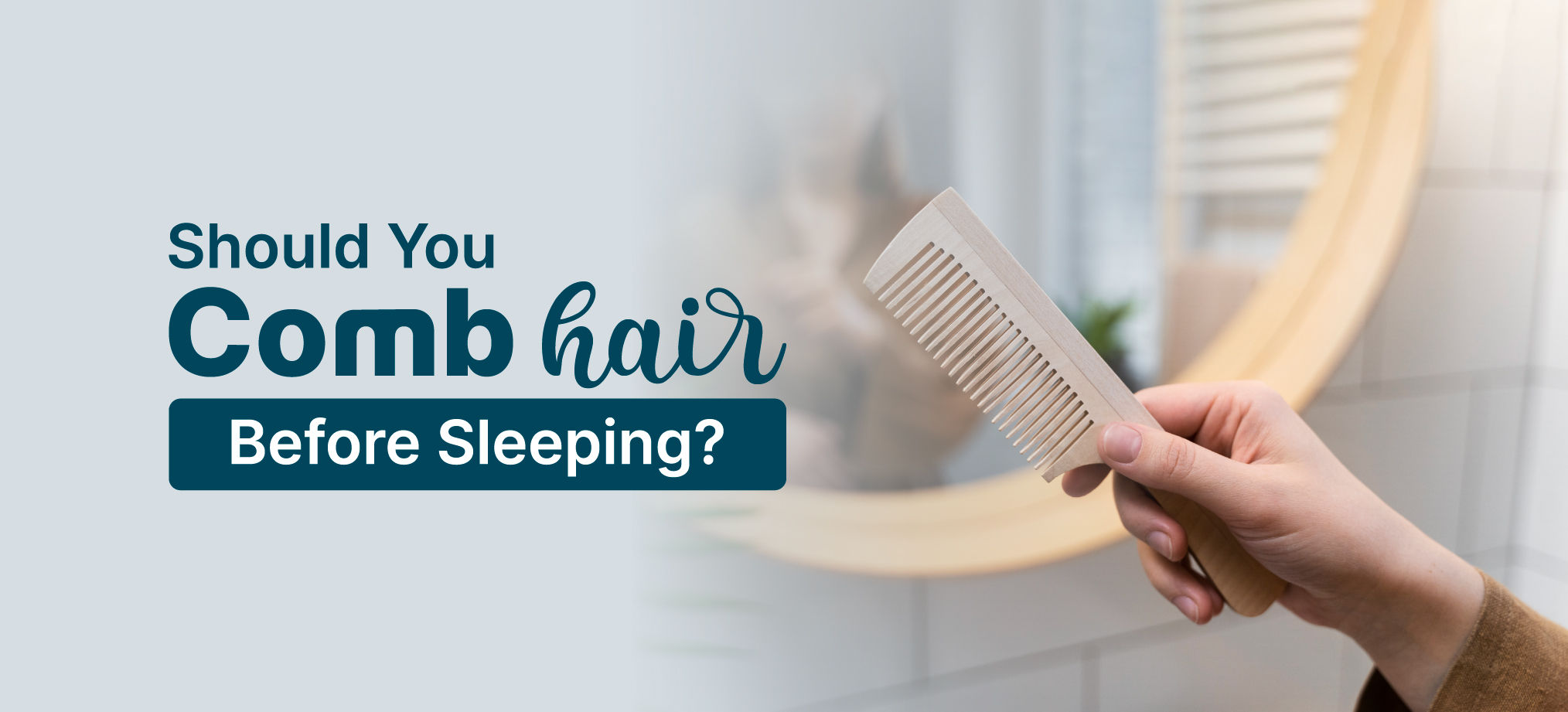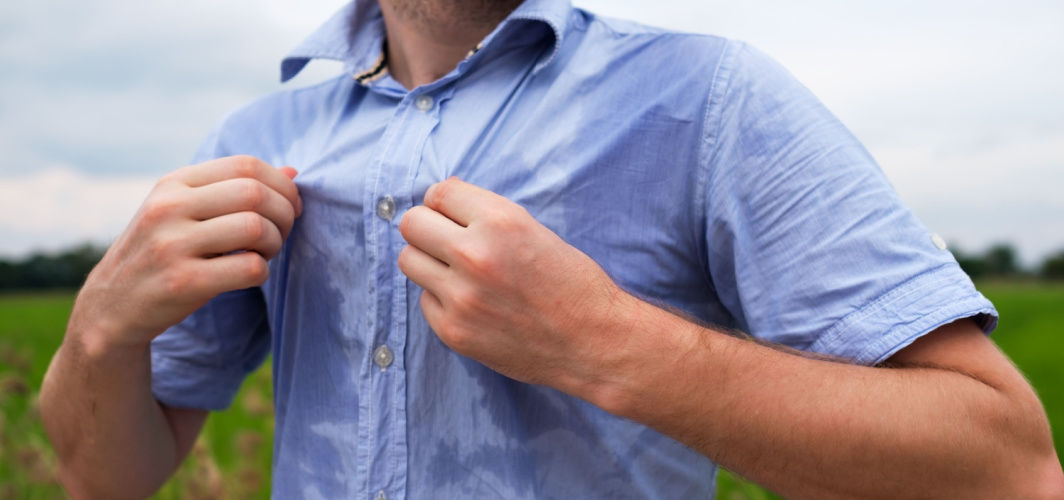General Health
Surviving The Summer: Tips To Stay Cool In Hot Weather
3 min read
By Apollo 24|7, Published on - 22 May 2023, Updated on - 16 June 2023
Share this article
0
0 like

The summer season brings warm weather, longer days, and plenty of opportunities to enjoy outdoor activities. However, it can also bring unbearable heat and discomfort, making it essential to know how to stay cool and comfortable. In this article, we will provide some tips to deal with hot summer days, from keeping hydrated to choosing the proper clothing and staying indoors during the hottest hours of the day. These tips will help you enjoy the season without being overwhelmed by the heat.
Here are some tips to keep you comfortable during the summer months:
1. Alter Your Outdoor Exercise Routine
Exercising is crucial for good health, but it's essential to be mindful of the hot temperatures. If you're an avid exerciser, then consider changing your routine. Early morning or late evening can be the best time to work out. If you can't change the time of your workout, then reduce the intensity or switch to a lower-impact activity such as walking.
2. Dress For The Weather
Loose-fitting, lightweight, breathable cotton clothing can help you stay cool. Light-coloured clothing reflects the sun's rays, thus helping you relax.
3. Stay Indoors
Giving your body a break from the scorching heat of summer is essential. And, this is why staying indoors is the best option. Draw your curtains to block any direct sunlight.
4. Hydrate
Drinking plenty of water is crucial during hot weather to prevent dehydration. Sports drinks or other sources of electrolytes can also help replace fluids lost through sweating. It's important to avoid caffeine and alcohol, as they can promote dehydration. Drink coconut water or a glass of mint cooler to get instant refreshment.
6. Eat Light
Heavy, hot meals can make you feel sluggish and uncomfortable in the heat. Instead, opt for light, refreshing meals, including seasonal fruits (such as watermelon) and vegetables (like cucumbers). Eating frequent, small meals throughout the day can also help regulate body temperature.
7. Use Fans
They can help circulate air and make you feel calmer, even in an air-conditioned space. Some people also find small, portable, battery-operated or manual hand fans helpful for outdoor activities.
8. Take Cool Showers Or Baths
Frequent cool showers or baths can also help rejuvenate your body and mind, leaving you feeling refreshed and energised.
When To Consult A Doctor?
If you or someone you know is experiencing problems due to excessive heat in summer, then it's essential to cool down and seek medical attention. This might involve moving to a cooler space, drinking plenty of fluids, removing excess clothing, using fans or air conditioning, and seeking medical attention if the symptoms do not improve. Heat exhaustion and heat stroke are both severe conditions that require prompt treatment.
Excessive heat can lead to:
- High body temperature (above 104°F or 40°C)
- Dizziness or lightheadedness
- Weakness or fatigue
- Headache
- Muscle cramps
- Rapid heartbeat
- Rapid, shallow breathing
- Nausea or vomiting
- Confusion, agitation, or disorientation
- Seizures or convulsions (in severe cases)
Maximise your summer experience with these tips and be mindful of any health issues arising due to excessive heat. You can enjoy summer activities without apprehension by observing proper health and safety precautions. Adequate hydration and seeking shelter indoors during scorching days are crucial. If you need expert advice,
Consult Apollo’s Expert Doctors
Medically reviewed by Dr Sonia Bhatt
General Health
Leave Comment
Recommended for you

General Health
Most Common Sleeping Habits: Identify The Good & Bad Ones
Getting enough sleep for at least 7-8 hours daily is very important to ensure good health. The quality and amount of sleep you get depends on a myriad of factors, of which the most important one is your sleeping habits.

General Health
6 Reasons Why You Should Drink Water On An Empty Stomach
Water possesses several properties that help in improving your immunity, fighting infections, increasing your metabolism, and flushing out toxins. Hydrating yourself right after you wake up is the key to a healthier lifestyle.

General Health
Sweating Way Too Much? It Could Be A Sign Of This Disease!
what is excessive sweating a sign of sudden sweating causes too much sweating symptoms sudden sweating reason
Subscribe
Sign up for our free Health Library Daily Newsletter
Get doctor-approved health tips, news, and more.
Visual Stories

Could There Be More to Your Snore?
Tap to continue exploring
Recommended for you

General Health
Most Common Sleeping Habits: Identify The Good & Bad Ones
Getting enough sleep for at least 7-8 hours daily is very important to ensure good health. The quality and amount of sleep you get depends on a myriad of factors, of which the most important one is your sleeping habits.

General Health
6 Reasons Why You Should Drink Water On An Empty Stomach
Water possesses several properties that help in improving your immunity, fighting infections, increasing your metabolism, and flushing out toxins. Hydrating yourself right after you wake up is the key to a healthier lifestyle.

General Health
Sweating Way Too Much? It Could Be A Sign Of This Disease!
what is excessive sweating a sign of sudden sweating causes too much sweating symptoms sudden sweating reason
